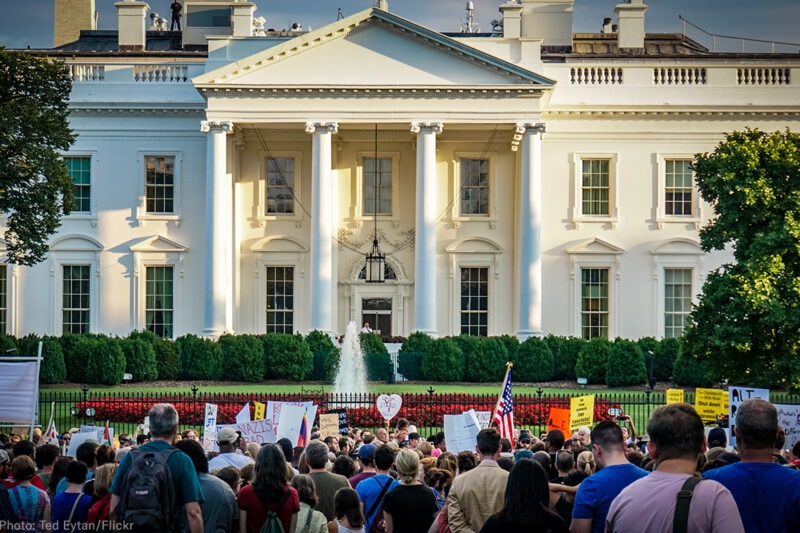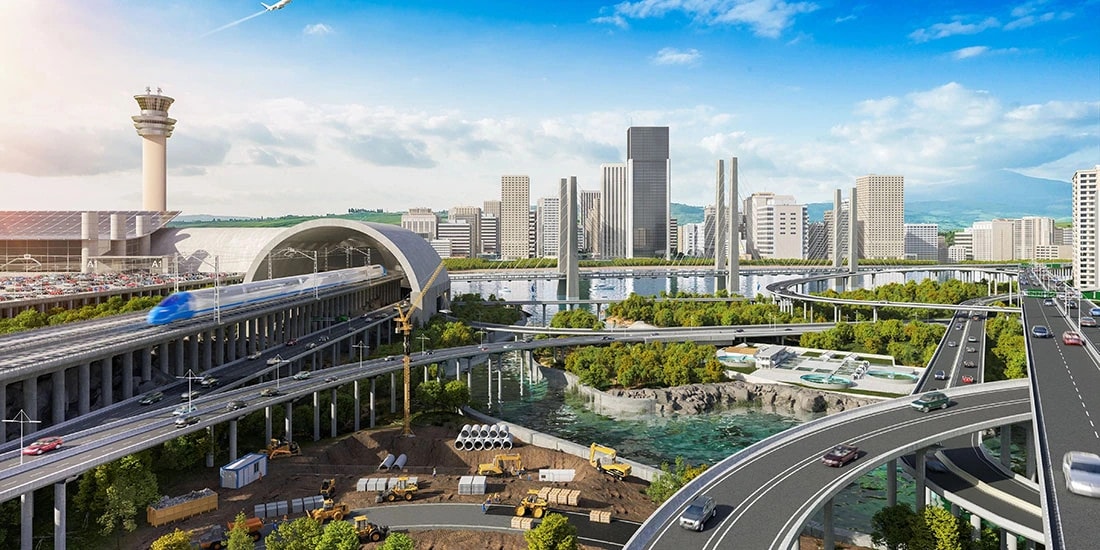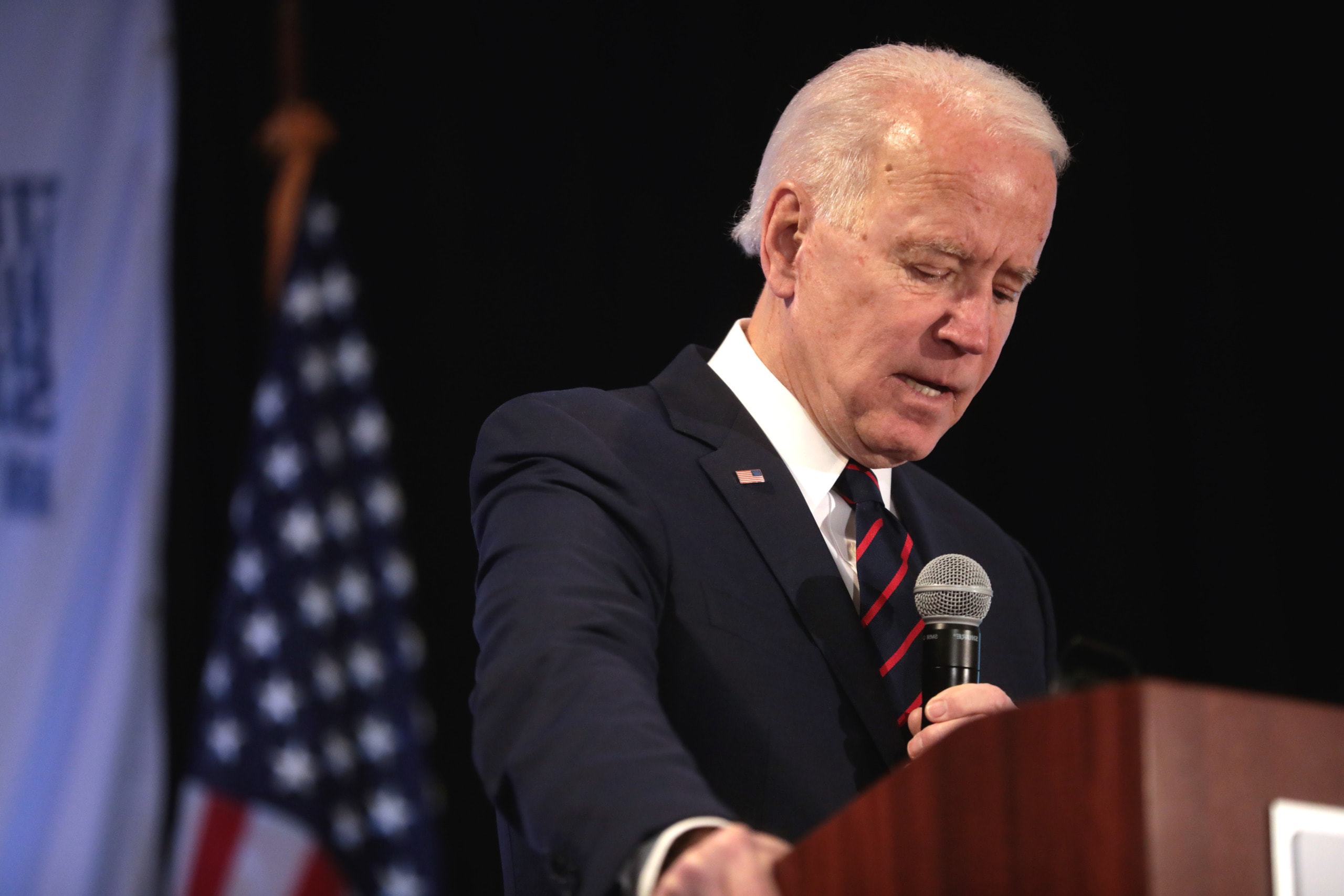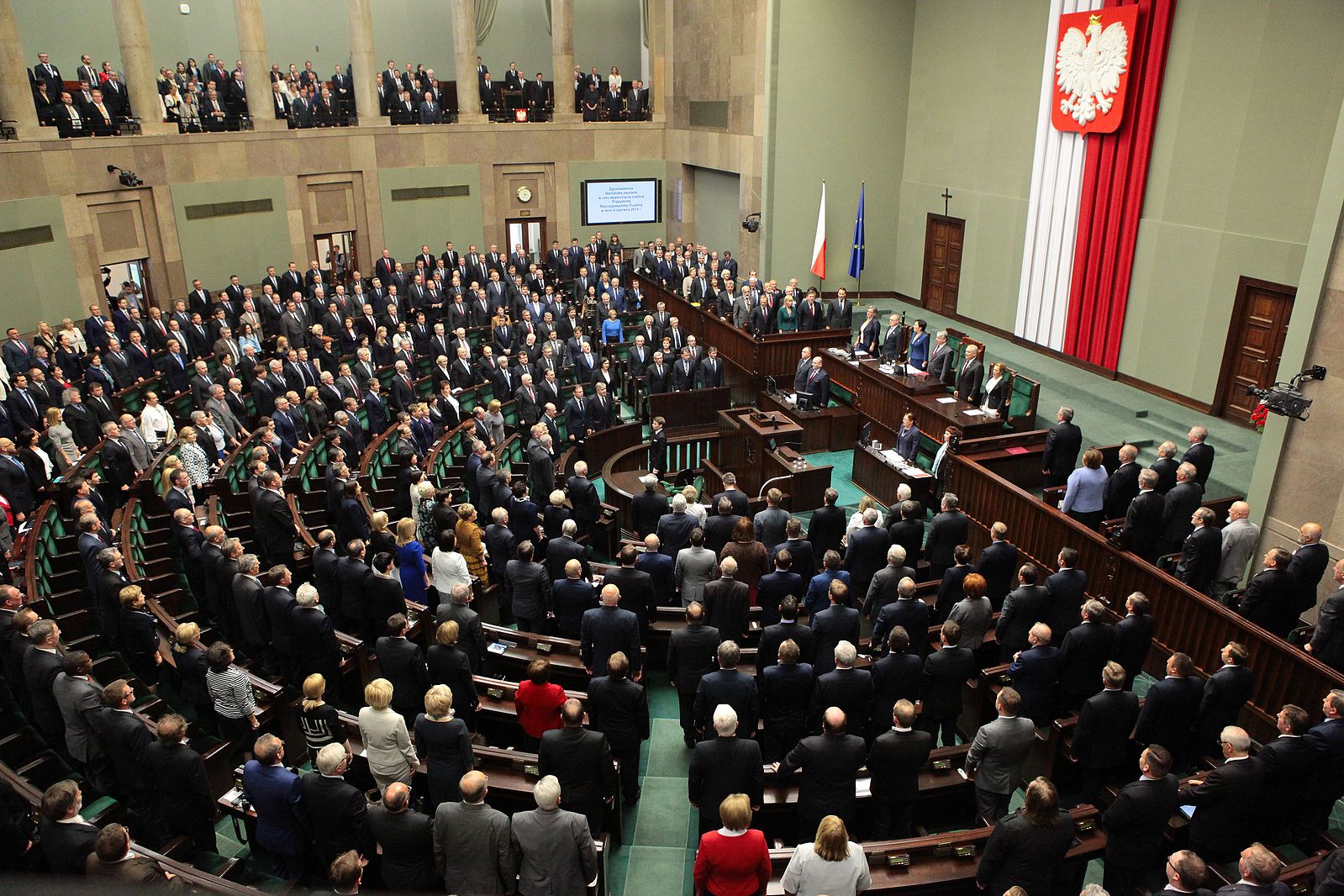President Joe Biden’s infrastructure agenda took a major step forward in the early hours of August 11. After over 14 hours of debates and votes on 47 varied bill amendments, the Senate voted by 50 votes to 49 to pass the spending framework for a $3.5 trillion infrastructure package.
The result of the vote allows legislative committees to proceed with crafting the details of the bill, a landmark package that would see upwards of 3 trillion dollars spent on climate initiatives, paid leave, education, child care and health care. Among the major provisions of the plan is the establishment of universal Pre-K for 3-4 year olds, tuition-free community college, green card provisions to millions of immigrants, and reduced prescription drug costs.
Should it succeed, Biden’s infrastructure package could become the decisive moment of his legacy, substantially overhauling key industries and funding vital sectors primarily through increased taxes on corporations and wealthy individuals.
The Infrastructure Bills
Alongside the Democrat-led $3.5 trillion infrastructure package, commonly referred to as the ‘human infrastructure’ plan, a decisive $1.2 trillion infrastructure bill with bipartisan support from both Democrats and Republicans is also in the legislative process. It is important to outline the context of these bills to understand the potential future of Biden’s infrastructure agenda, one that could either become stalled through the multiple bureaucratic stages of US lawmaking, or make the president one of the most consequential in American domestic policy in a century.
On August 10, the $1.2 trillion bipartisan infrastructure bill successfully passed through the US Senate by a vote of 69 to 30, which will now be sent to the House of Representatives for further amendments. It is then widely expected to pass, which will result in both houses of Congress consolidating their respective versions to then be signed into law by President Biden.
However, some House representatives, including Leader Nancy Pelosi, have said they would not move to pass the bipartisan bill unless the Senate progresses with the larger, more-ambitious ‘human infrastructure’ package, the spending framework of which was just passed in the Senate on August 11. On August 6, Pelosi repeated her position, confirming that the House would not take up the bipartisan bill until the ‘human infrastructure’ legislation advances through the upper house.
Whilst the bipartisan bill will require support from 10 Senate Republicans to pass, Democrats are attempting to pass the $3.5 trillion legislation through a budget process called ‘reconciliation’, a measure that will allow them to bypass the 60-vote filibuster with a simple majority.
This is why the spending budget success on August 11 was such a decisive step to Biden’s agenda. The House of Representatives will now need to pass an identical budget resolution, which will allow the Senate to pass the ‘human infrastructure’ bill and advance much needed domestic progress on issues including climate action and healthcare.
The Senate Vote
Following the success of the spending framework on August 11, Senate Majority Leader Chuck Schumer stated that “the Democratic budget will bring a generational transformation to how our economy works for average Americans”.
Schumer has given committees a deadline of September 15 to draft the amended portions of the bill. Included in the spending package is $135 billion for the Committee on Agriculture, Nutrition and Forestry, $332 billion for the Banking Committee, and $198 billion for the Energy and Natural Resources Committee to develop solutions for clean energy.
Whilst the ‘human infrastructure’ bill will primarily focus on improvements to sectors and services used by everyday Americans, the $1.2 trillion bipartisan bill will target updating much of the United States’ outmoded and antiquated physical infrastructure. The legislation will expand broadband internet access across the nation, whilst $110 billion will go towards roads and bridges. Other facets of the bill include $55 billion to be procured for the water industry, including replacing every lead pipe in the United States, $65 billion will go towards modernising the nation’s power grid, and $66 billion will be spent on America’s railways.
Senate Budget Committee Chairman and prominent Senator Bernie Sanders hailed the progressive nature of the ‘human infrastructure’ legislation, claiming during the debate process the evening of August 10 that many of his Republican colleagues were “in a bit of shock now. They are finding it hard to believe that the president and the Democratic caucus are prepared to go forward in addressing the long-neglected needs of working families and not just the one percent and wealthy campaign contributors.”
Related Articles: US Infrastructure Bill: Climate Focus Badly Blunted in Negotiations | Biden’s Trillion Dollar Infrastructure Package Moves Forward, but Into an Uncertain Future | How Biden Can Make the US a Global Leader on Climate Action
The GOP has unanimously opposed the $3.5 trillion package, disagreeing with the Democrat’s proposals to alleviate much of the costs through tax increases on corporations and wealthy individuals.
There are also signs that the fragility of the Democratic Senate majority, one that is only available through Vice-President Kamala Harris’ tiebreaker vote, could see Biden’s already-scaled back infrastructure agenda further watered down. Despite voting for the spending framework on August 11, prominent moderate Senator Joe Manchin of West Virginia has expressed concerns over the size of the $3.5 trillion package, indicating that he will push for further reductions.
“Given the current state of the economic recovery, it is simply irresponsible to continue spending at levels more suited to respond to a Great Depression or Great Recession – not an economy that is on the verge of overheating”, said Senator Manchin in a statement.
This dynamic has already forced changes to the smaller $1.2 trillion infrastructure package, which saw climate action proposals including a $174 billion investment into electric automobiles negotiated down to $7.5 billion, whilst $363 billion in clean energy tax credits was emitted from the final version.
Whilst it is undeniable that there would be ramifications to the climate when spending billions to update infrastructure such as roads and bridges across America, there are hopes that the climate will play a much larger role in the more ambitious, $3.5 trillion package — even after further committee amendments and negotiations with moderates.
One of the boldest facets of the package is a proposed clean energy standard, which would require a portion of US electricity going forward come from renewable energy. There is also proposed funding for energy-efficient building projects, as well as polluter import fees and updates to language on methane gas production.
Despite the potential for a long, drawn-out process, the recent passages of Biden’s agenda are widely seen as significant victories for the president. Following the passage of the bipartisan bill on August 10, Biden stated that the nation was “on the cusp of an infrastructure decade that I truly believe will transform America.”
The Senate is set to disband until mid-September, leaving the President’s agenda in the hands of committees and tenuous moderate supporters. Whilst the potential for delays and impediments are certainly in play, the success of the ‘human infrastructure’ package could see tangible benefits for everyday Americans across the board. From expanding paid family and medical leave, extending enhanced household tax credits to alleviate the economic repercussions of the COVID-19 pandemic, to lowering the Medicare eligibility age threshold and expanding its healthcare benefits, one can only hope that Washington’s laborious and protracted legislative stages can end in material benefits for the American people.
Editor’s Note: The opinions expressed here by Impakter.com columnists are their own, not those of Impakter.com. — In the Featured Photo: President Biden and Vice-President Harris. Featured Photo Credit: Adam Shulz.














